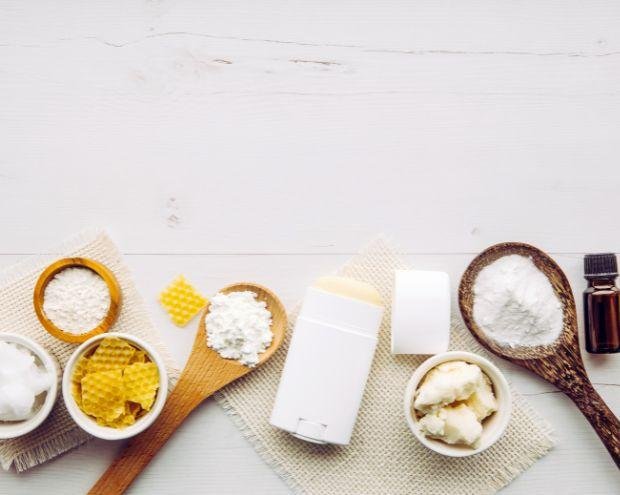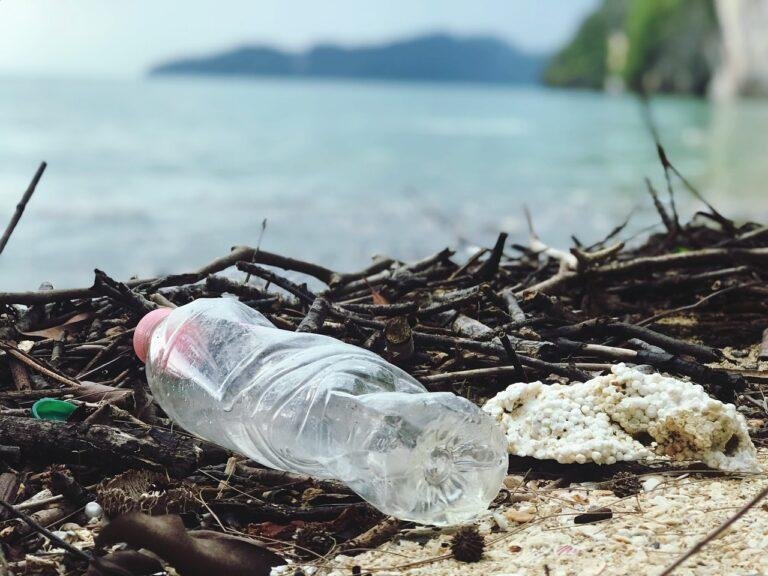A Beginner’s Guide To Residential Wind Turbines In The UK
Investing in renewable energy for your off-grid projects (be that a house or a shed) marks an important step towards sustainable living and self-sufficiency. As our society grapples with increasing energy demands and environmental concerns, this innovative technology offers a promising solution. However, the adoption of residential wind turbines in the UK is still in…









